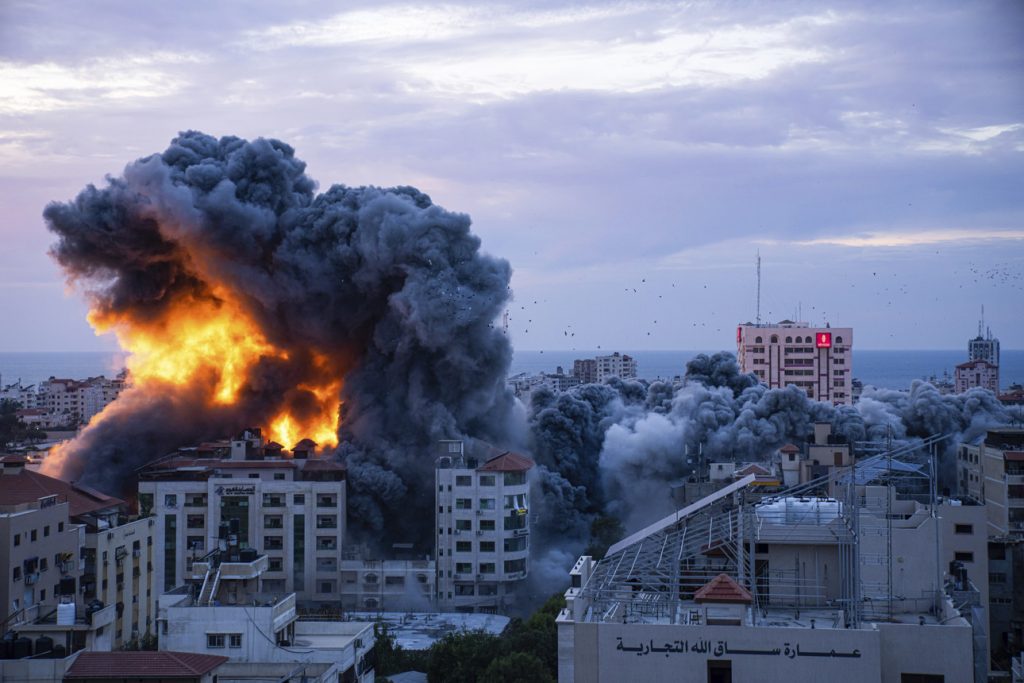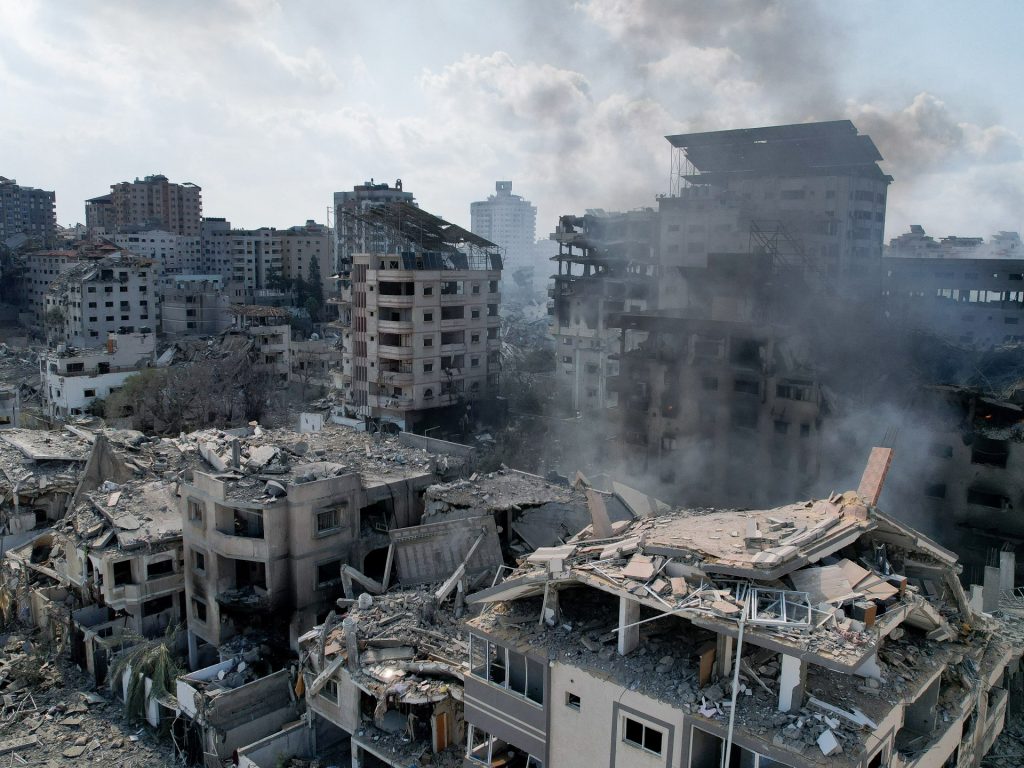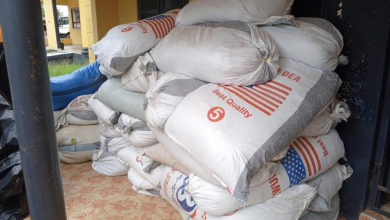Humanitarian crisis deepens in Gaza as Israeli strikes intensify

As of now, the death toll in Gaza since Saturday has reached 900, which includes 260 children, as reported by the health ministry.
Additionally, 4,500 people have been injured. The already severe humanitarian crisis in this densely populated region is worsening, with its 2.2 million residents facing critical shortages of food, fuel, electricity, and water.
This situation is a result of Israel’s government imposing a “complete siege” and cutting off all supplies to Gaza in response to the attack by Hamas.
The unexpected assault on Saturday has led to the death of 1,000 people on the Israeli side.
Furthermore, between 100 and 150 hostages have been taken into Gaza by militants from across the border.
Living without power or water in the 21st century has become a harsh reality for many Gazans. Basic necessities like diapers and baby formula are running out. The destruction caused by the conflict compounds the suffering of the population.
Outside Gaza’s largest supermarket, which briefly opened since Saturday, people are queuing up in hopes of obtaining essential supplies, fearing that the fighting will continue for an extended period.
The severe fuel shortage is complicating the transportation of fresh produce from the south to the north of the territory, where most of Gaza’s fruits and vegetables are grown.
There have been no deliveries of food or vital goods from Egypt, which has maintained a strict blockade of Gaza, along with Israel, since Hamas took control in 2007.

Attempts to leave Gaza via the Rafah border crossing with Egypt have been hampered, with Israeli air strikes damaging an entry gate on the Palestinian side, preventing any crossings.
Consequently, a large number of the 200,000 people who have fled their homes are seeking refuge in UN-run schools.
Some have left due to fear, while others have seen their homes destroyed by airstrikes. Those who have sought shelter in basements face the risk of being trapped if the building above them collapses.
Residents, like Mohammed al-Mughrabi in Rimal, used to consider certain areas safe during previous conflicts, but recent Israeli strikes have shattered that sense of safety, making it clear that nowhere in Gaza is immune from danger.
Source-BBC





